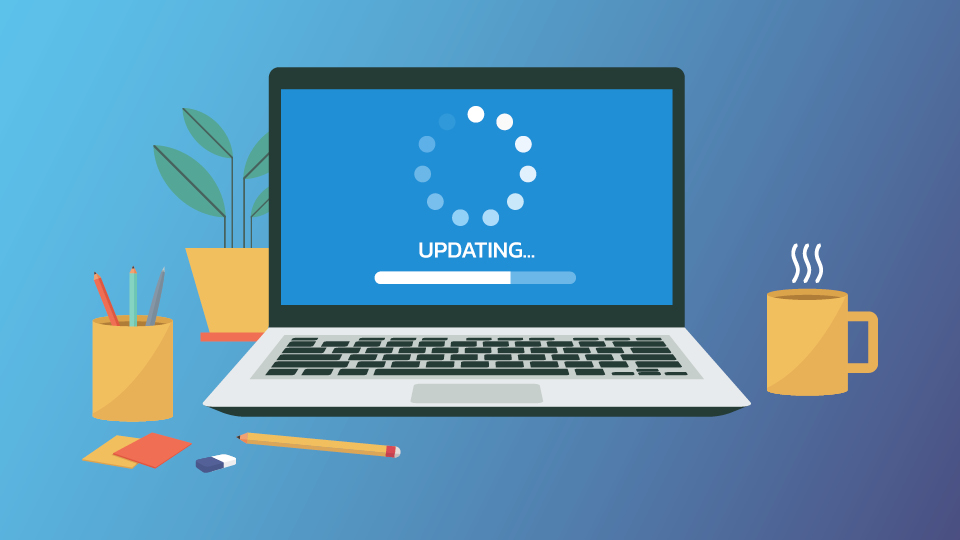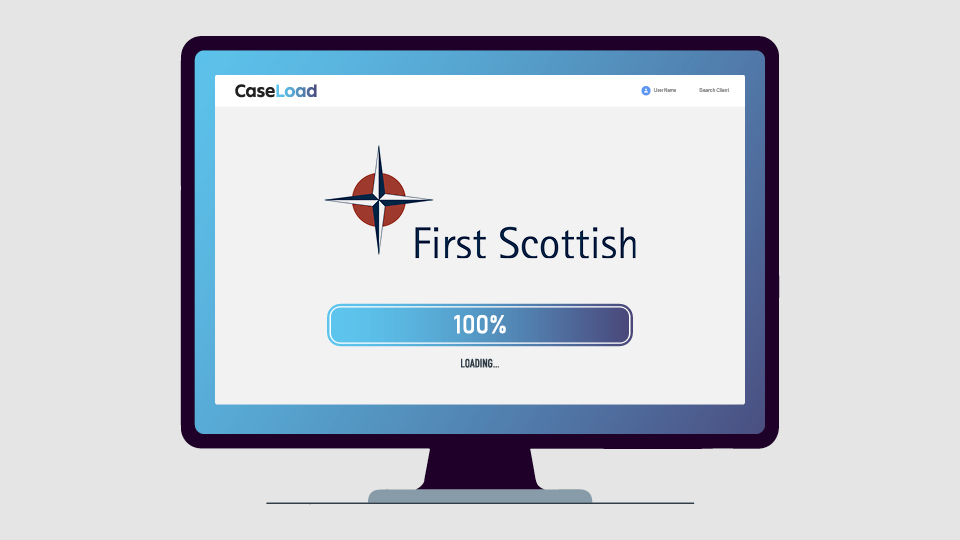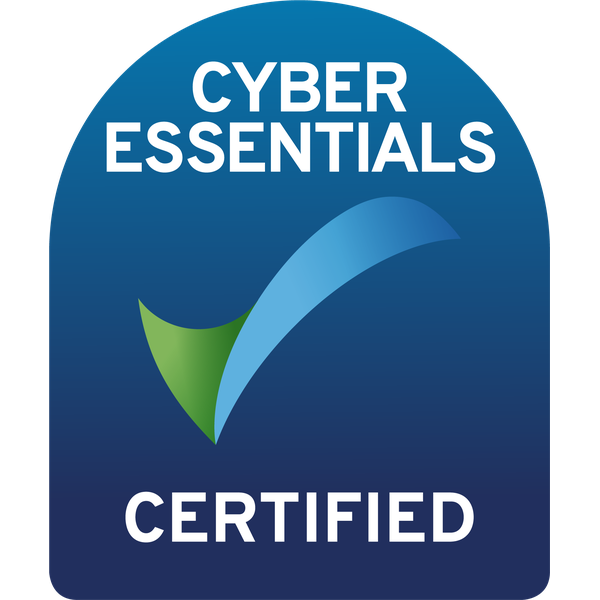Written by:

Grant Yuill
Head of Marketing & Customer Engagement
New apps, platforms, and software for the legal industry develop on an almost daily basis. With so many options available, companies often go to considerable lengths to make their services stand out. However, the focus on marketing can sometimes compromise the accuracy of the case-related information being presented. Therefore, clients may receive enticing slogans and free trials without having an understanding of how these new technologies would enhance their practice.
The difference between Legal Case Management Software and Legal Practice Management Software is sometimes a cause of confusion for legal firms worldwide. This lack of clarity can lead to poor investment decisions, since solicitors may believe a platform offers more functionalities than it actually does. Clarity is essential when entrusting your company’s operations to software. This blog aims to explain these terminologies and assist solicitors in understanding the specifics so that they may make educated decisions when choosing software solutions for their practices.
How Do Legal Practice Management Software and Legal Case Management Software Differ From One Another?
Although terms like “practice management” and “case management” may appear similar, they actually connect to different feature sets intended to meet specific demands inside a legal firm. We will go over each one in detail below.
Legal Practice Management Software
Let’s begin by explaining what exactly practice management software does? Practice management software usually requires a more comprehensive approach. It tackles all aspects of legal practice as a business, focussing on assisting the firm’s broader internal procedures, workflows, and duties. Features include managing client relationships, task management, financial operations, document management, and scheduling, among others.
Legal Case Management Software
So, what exactly is legal case management software? In the context of UK law, the term “case” often refers to a legal proceeding that might be either civil or criminal in character. It is a way of resolving conflicts or administering justice, and it can be referred to by several titles, such as action, suit, or controversy, depending on where it occurs and the nature of the issue.
Legal case management software is meant to assist lawyers in keeping track of everything relevant to a single case. This type of software organises every aspect of a case, from essential witnesses to important pieces of evidence and legal deadlines, to enable lawyers to better defend their clients in court.
Combined Management Systems
Each type of software has a unique naming convention that reflects its fundamental functions. The term “case management” refers to the management of single legal cases, whereas “practice management” refers to the overall operation of a law firm.
While legal case management and practice management software serve particular functions, some advanced systems successfully combine the two sets of features. Take Denovo as an example. It is an all-in-one platform that supports lawyers in managing the complicated nature of individual cases as well as maintaining a legal firm’s business. In doing so, Denovo crosses the conventional borders between “case management” and “practice management,” providing complete software that can adapt to a legal firm’s various needs. This type of dual functionality can be especially beneficial for businesses looking for a streamlined, consolidated solution for managing cases and controlling their operations through a legal case management system.
What Lawyers Should Look For in Law Firm Software
Knowing what you want from law firm software is important, especially in the face of misunderstandings around the terms “legal practice management software” and “legal case management software.” Here are some case management software examples and practice management software examples to help you understand how each might benefit your company.
Essential Features
Software with a focus on litigation support is necessary if managing individual legal cases is your main priority. This includes the ability to organise matters, review records, and keep track of legal issues unique to each case. If you’re more concerned with the business aspect of your firm, you’ll want to look for software that includes administrative features like time recording, billing, and client communication. Some software solutions, such as Denovo’s Caseload platform, combine the two, providing an integrated approach that provides complete matter management by allowing you to manage cases and firm operations simultaneously.
Easy to use
Regardless of the type of software you use, ease of use is essential. If the software is hard to use, you risk complicating your daily tasks, which contradicts the goal of using technology to automate and enhance your productivity. So, whether it’s case management or practice management software, make sure it has an easy user interface that meets the unique requirements of legal professionals.
Options for Customisation
The ability to customise a case management system to meet your law firm’s specific needs might be a significant advantage for enhancing productivity. Whether you want to modify case forms, billing systems, or client contact elements, the software should be flexible enough to meet your case-related needs. It’s important to note that more complete management systems typically provide a broader range of customisation choices, allowing you to successfully handle cases and practice operations.
Seamless Integration
Another important aspect is how well the software integrates with other applications you currently use in your law practice. This is essential to optimising your processes and increasing efficiency. Maybe you need it for integration with your current email platform or to connect with your case management system and AML platform. Regardless, seamless integration capabilities can help you improve your work processes, whether you’re working on individual cases or larger practice management projects.
Denovo is the ultimate legal software solution
Lawyers understand that terminology may be complex, providing weight to terms that might fail to convey the full extent of the situation. The difference between “legal case management” and “legal practice management” may appear to be important in the area of legal software, but Denovo demonstrates that these terms are not needed. Our all-in-one cloud-based platform offers a comprehensive legal technology solution that covers both categories, allowing you to easily manage individual cases, and all practice areas, while also overseeing broader practice operations.
Denovo can help you organise everything for specific cases as well as track billable hours for your whole practice. Firms can also benefit from comprehensive customisation options in their law practice management software, which provide an extra degree of versatility by allowing you to customise its features to your firm’s unique requirements. This versatility allows you to manage specific situations with the same efficiency and ease as you do the larger components of your profession.
To summarise, legal case management and legal practice management may have different primary goals, but it does not mean you have to pick between them when considering a comprehensive management system. Denovo provides a platform that excels in both areas, allowing you to manage individual cases and firm-wide operations without compromising.
If you would like to speak to us about our whole practice management software solution you can arrange a consultation here. If you would prefer to call us you can reach us on 0141 331 5290.















